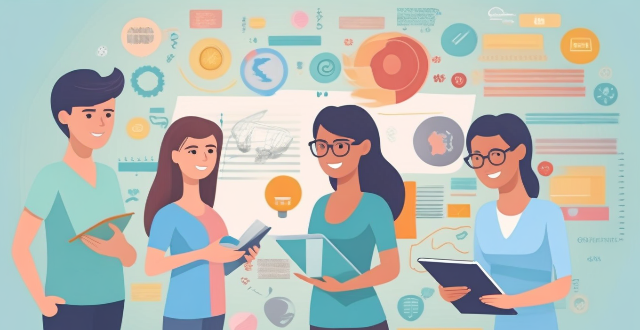Technology and online learning have revolutionized the education sector, providing unprecedented opportunities for learners worldwide. For women, these advancements are particularly significant, addressing historical barriers to education and creating a more inclusive learning environment. The integration of technology and online learning has significantly advanced women's education by offering accessibility, promoting equality, empowering economically, personalizing learning experiences, building supportive communities, and overcoming sociocultural challenges.

The Role of Technology and Online Learning in Advancing Women's Education
Introduction
Technology and online learning have revolutionized the education sector, providing unprecedented opportunities for learners worldwide. For women, these advancements are particularly significant, addressing historical barriers to education and creating a more inclusive learning environment.
Breaking Down Geographic Barriers
- Accessibility: Online platforms make education accessible to women in remote areas and conflict zones where traditional institutions may not exist.
- Flexibility: Digital courses can be taken at any time, allowing women with domestic responsibilities to balance education with their duties.
Promoting Gender Equality
- Inclusive Content: Curricula can be designed to include female role models and eliminate gender biases.
- Safe Spaces: Online forums provide a safe space for women to discuss and learn without fear of discrimination or harassment.
Economic Empowerment
- Skill Development: Technology offers skills training that can lead to better job prospects and financial independence for women.
- Entrepreneurship: E-learning platforms teach entrepreneurial skills, enabling women to start their own businesses.
Personalized Learning Experiences
- Adaptive Learning: Technological tools adapt to individual learning styles and pace, benefiting women who may have had interrupted education.
- Diverse Resources: Online resources cater to different learning preferences, such as visual or auditory materials.
Community Building and Support
- Networking Opportunities: Virtual networks connect women with peers and mentors from around the world.
- Support Systems: Online support groups offer encouragement and resources for women pursuing education.
Overcoming Sociocultural Challenges
- Confidentiality: Online anonymity allows women to overcome social stigmas associated with returning to education.
- Cultural Sensitivity: Online courses can be tailored to respect cultural norms while still providing quality education.
Conclusion
The integration of technology and online learning has significantly advanced women's education by offering accessibility, promoting equality, empowering economically, personalizing learning experiences, building supportive communities, and overcoming sociocultural challenges. As we continue to innovate in the digital realm, the potential for further advancing women's education is immense.